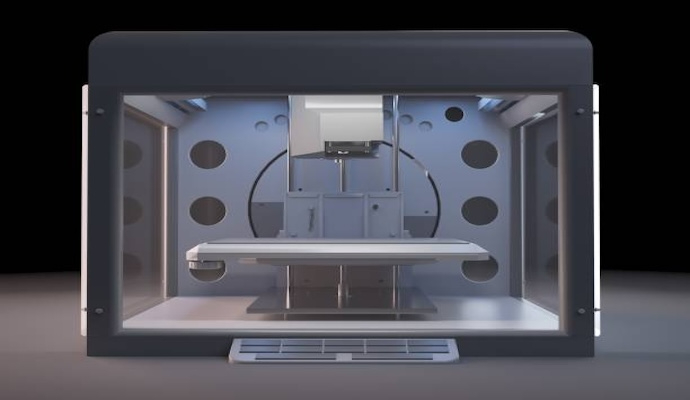Understanding the Role of 4D Printing in the Healthcare Industry

In manufacturing, 3D printing has transformed production across diverse fields. 4D printing, an evolution, adds a new dimension by incorporating functionality or responsive properties. This advancement holds immense potential across multiple medical sectors. Applications include smart implants, prosthetics, and drug delivery systems, enhancing precision and customization. In tissue engineering and regenerative medicine, 4D printing enables structures that respond dynamically to biological environments. Responsive surgical tools and diagnostic devices benefit from this innovation, adapting to patient needs for improved healthcare outcomes. Additionally, rehabilitation devices can be personalized and adjusted based on patient progress. As 4D printing continues to develop, its integration into healthcare promises to redefine treatment options and patient care standards with enhanced effectiveness and efficiency.
Make faster decisions with community advice
- AI Gets Better At Writing Patient Histories When Physicians Engineer The Prompts
- New Study Evaluates Virtual Reality to Reduce Scanxiety in Brain Tumor Patients
- Revolutionizing Healthcare: Harnessing the Power of IoT Solutions for Improved Patient Outcomes
- Carrum Health Raises $45 Million Series B to Expand Cancer Care Offerings and Launch New Service Lines
- Ethical Guardrails Are Essential To Making Generative AI Work For Healthcare
Deploy this technology today
-
nQ Cortex
Matched with Medical Subject Headings (MeSH): Biomedical Technology, Healthcare IT News: Artificial Intelligence
- NLabviva Platform
- Labviva Platform
- AI Dermatologist Platform
- Armis Platform for Healthcare

